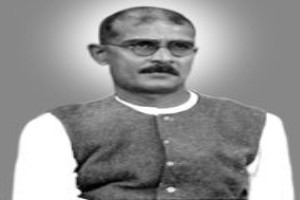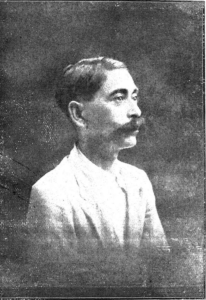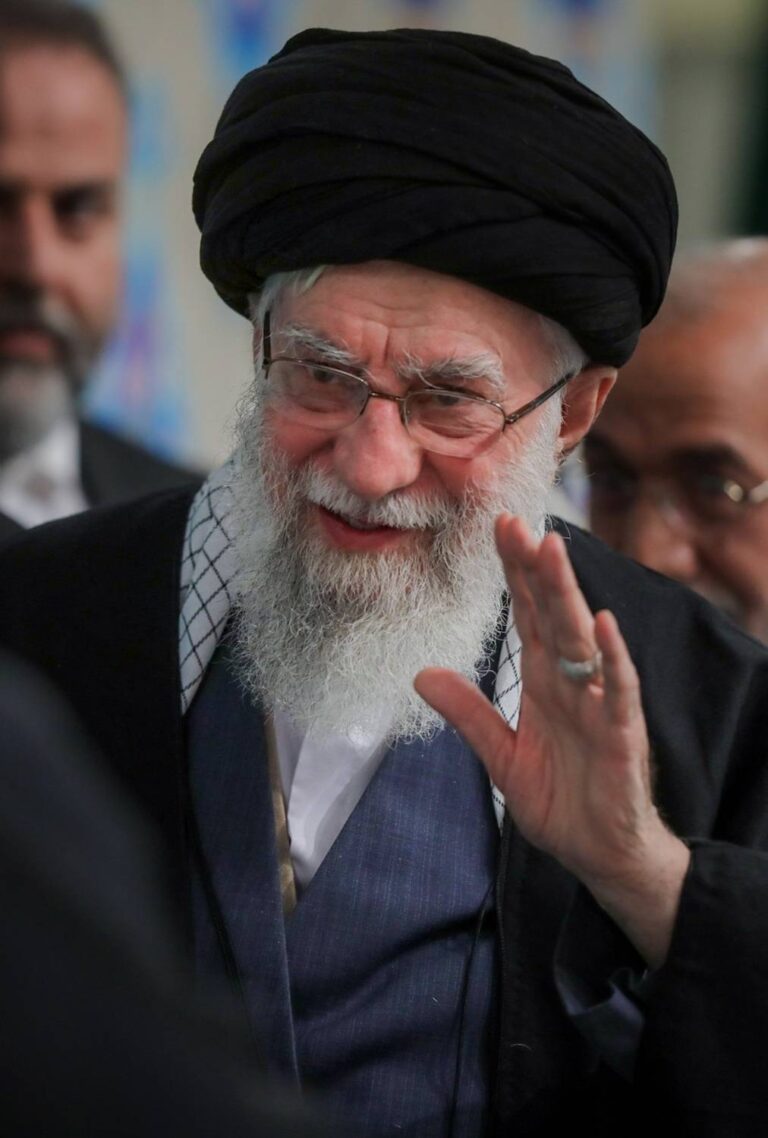
History Recalled
 By Mahadev Desai*
By Mahadev Desai*
(This article was published in Harijan on October 31, 1936)
Hindi literature, indeed the whole Indian world of letters, is all the poorer for the sudden and premature passing away of Munshi Premchand, whose name as a novelist and a story writer is a household word, wherever Hindi-Hindustani is spoken. I deliberately say Hindi-Hindustani, because he had a rare command over a language which was neither Sanskritised nor Persianised. In fact, he had the same facile pen for Urdu as for Hindi, though I do not know that any of his novels or poems have been published simultaneously in both the Devanagari and Arabic scripts.
Also read: History Recalled: Dr. Ambedkar’s Story

I have not read many of his stories, but I read two of his novels in jail, one in Agra jail in 1922 and the other in Yeravada jail in 1933. I give these dates because the years made such a difference in his style. The earlier novel (I think Premashram it was) could not, I think, bear to be printed in the Arabic script, because it was full of Sanskrit words. But Karmabhumi, which was published about 1931 or 1932 I found remarkable as an instance of simple, easy and elegant Hindi-Hindustani prose which could be printed in Devanagari and Arabic scripts without any change of language. This novel, too, represented the great change in his own social outlook that had come over during recent years. In fact, the change began to express itself ever since he resigned a lucrative Government post in the non-cooperation days and rather than confine himself to teaching a few students he dedicated his pen to the teaching of his fellow men.
In his earlier novels he seemed to look askance at existing social prejudices but never attacked them. In the novel in question, everything including the opening of the Hindu temples to Harijans is there. The temple-entry campaign scenes are beautifully done, and the way in which a Hindu-Muslim love story is woven into the texture of the novel speaks highly of the great imagination of the writer, his devotion to Hindu-Muslim unity, and the consummate skill with which he could tackle a ticklish problem. He was a great social reformer, having married a widow, when even the mention of the word widow-marriage was a signal for social ostracism. His death (on October 8, 1936) will be deeply mourned as much by the Muslims as by the Hindus to both of whom he had equally endeared himself.
*Mahadev Desai was an eminent freedom fighter and Mahatma Gandhi’s personal secretary; article courtesy his grandson, Nachiketa Desai





